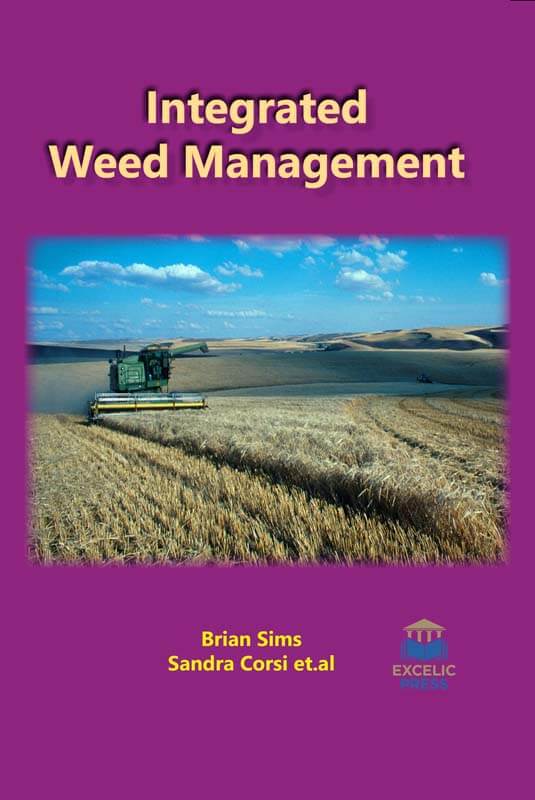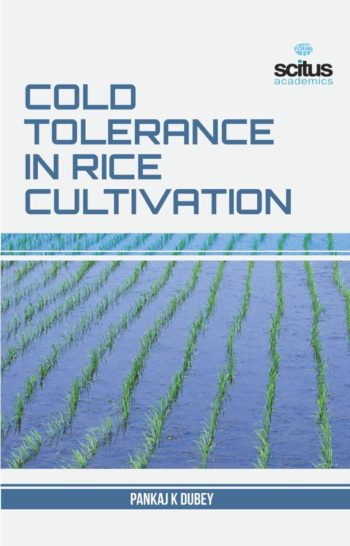The earth is undergoing a number of irreversible changes as a result of the activities of man, many of which are adversely affecting the environment. Inappropriate methods of agricultural production, especially those stimulated by efforts in pursuit of short-term gains, have been identified as prime contributors to this environmental degradation. Over the coming years, agriculture, particularly smallholder agriculture in developing countries, will face a convergence of pressures, including a growing population, increased migration, and scarcity of labor, reduced land productivity, climate volatility, and food insecurity. The sustainability of food and agricultural systems depends on not depleting natural resources; soils, especially, have been degraded by intensive crop production which has also jeopardized future food production in these areas. Much needs to be done to prevent further losses and to enhance the status of natural resources.
This book covers cutting-edge on the relevancy and effectually of varied mechanical, biological and integrated weed management ways for the effective, and property management of weeds in husbandman conservation agriculture systems, as well as the role of applicable instrumentality and stipulations for smallholders at intervals a property intensification situation. Integrated weed management systems are based on an agro-ecosystem approach for the management and control of weeds at economic threshold levels. Many farmers in the tropics today practice the same weed control measures as was practiced before the introduction of herbicides. The objective of this book is also to discuss the various weed management practices for the control of noxious weeds in major cereal, root and vegetable crops in tropical sustainable agriculture and the strategies used overtime to promote their adoption by small farmers. Efforts towards reducing reliance on herbicides and other methods for environmental, health, economic and sustainability reasons have led to increasing interest in the biological approach to controlling these weeds.
This work so presents a summary of the biological approach to weed management with target the essential ideas, underlying principles, procedures and current practices, cases, and causes of failure and successes. An adaptive approach to the effect of tillage on weed control is also given. The book also suggests that a thorough understanding of weed dominance and weed interactions, depending on crop and weed ecosystems and crop sequences in the ecosystem, will be the key determining factor for successful weed management. This book serves as a vital tool for the consideration of how weed management practices at a global scale are changing in the 21st century.














Reviews
There are no reviews yet.